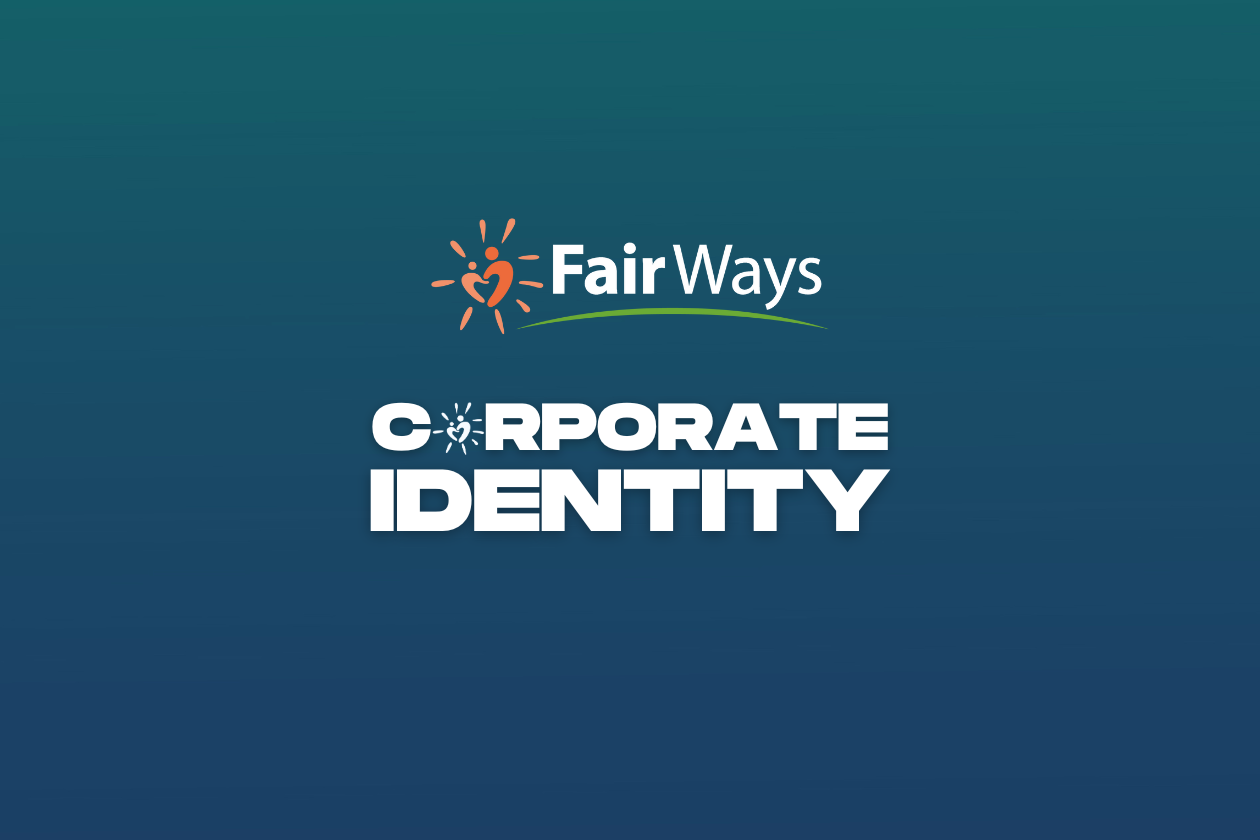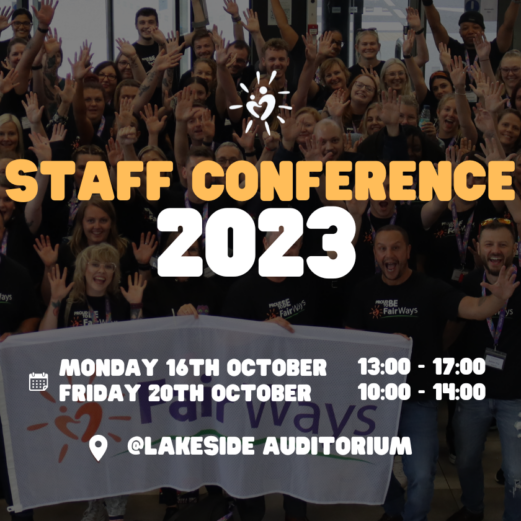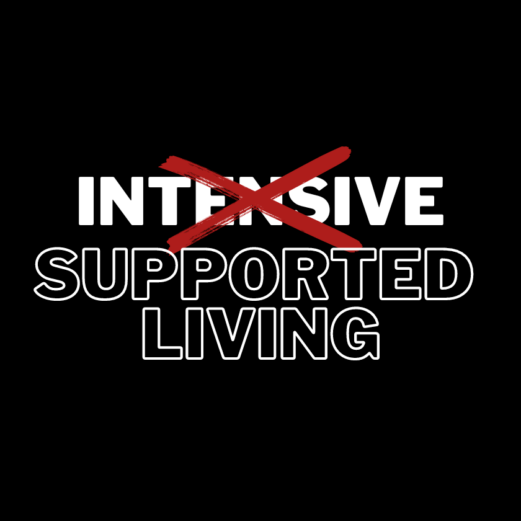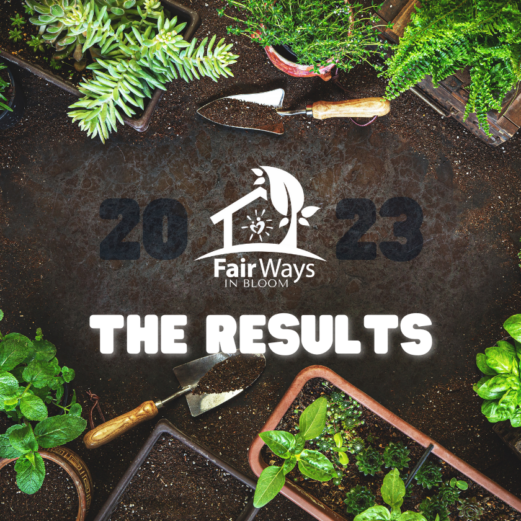
One of the key areas of the 5-year strategy is to review Fair Ways Corporate Identity. It’s important to do this regularly as all organisations undergo change, and Fair Ways has certainly seen significant changes in the past few years.
Our most visible change is that we are now a Charity, ensuring we reinvest all our surplus funds into the organisation. We are on the way to becoming a trauma-informed organisation. We are larger than before with circa 420 employees, and we deliver more and better services to more individuals than we did 5 years ago.
Some areas remain unchanged. Our values remain constant, our culture remains strong and our belief in the fundamentals of care, education & training and employee support is unwavering.
Over the past year, a working group from across Fair Ways has reviewed our Identity and any required changes. This group recently presented three key recommendations to the Board that were approved as follows:
- Review of Fair Ways Vision & Mission Statements
- Introducing Employee Surveys and External Surveys about Fair Ways Identity.
- Introducing a shared Fair Ways community language.

Vision
To build a community that changes lives, makes a difference to society, and leaves a legacy greater than ourselves and our contributions.
Mission
To grow a compassionate, resilient, and trauma-informed community, that embraces learning, so that we improve the lives and outcomes of individuals.
These statements are agreed upon by the CEO and MD. The working group advised that the existing Vision statement term ‘institution’ was viewed negatively and that the term ‘Community’ was much more reflective of who we are and represents our charitable status.
A typical mission statement describes how an organisation gets to its vision. The working group recommended greater detail was required in our mission statement.
As a result, the CEO and MD have restated the Vision and Mission statements for Fair Ways as above. Going forward, these statements will now be used across our website, our policies, training and marketing materials, and guide our strategic planning processes.

A key part of our identity is to understand how we are seen, both by our employees and also by those we transact with.
Over the coming weeks, we will engage with several different groups to obtain views about Fair Ways. These will include all employees, the individuals we support, the parents of School students and Outreach individuals, the local authorities we engage with and various others.
Surveys will be short, with questions related to values, our impact and how Fair Ways is perceived.
All employees are asked to engage with these surveys – we are all part of Fair Ways, and all views are important to understand how we see ourselves and how we are seen.
The working group will share the responses and findings across all employees and offer further opportunities to comment.

The working group has identified that new employees can be put off by the scale of Fair Ways services and the many terms we use. It also identified that employees can struggle to clearly articulate what we do, but also that there are terms that we commonly use that are not found elsewhere. In fact, there is a shared language that is very much part of our identity. Examples are found through PRINT and RiiSE.
Going forward, we will now gather this language and introduce it in our Induction courses, our Management and other training, and incorporate it into Policies and other communications. Later this year we will launch the first list of commonly used terms and offer all employees the opportunity to add to this Fair Ways language as we go forwards.
Fair Ways Newsletter
Keep up-to-date with our monthly news, events, and insights.

Fair Ways Newsletter
Keep up-to-date with our monthly news, events, and insights.
Want to see something different?
We are always looking for feedback! If you think we are missing the chance to shout about something great that is going on, let us know!
Send us your feedback


